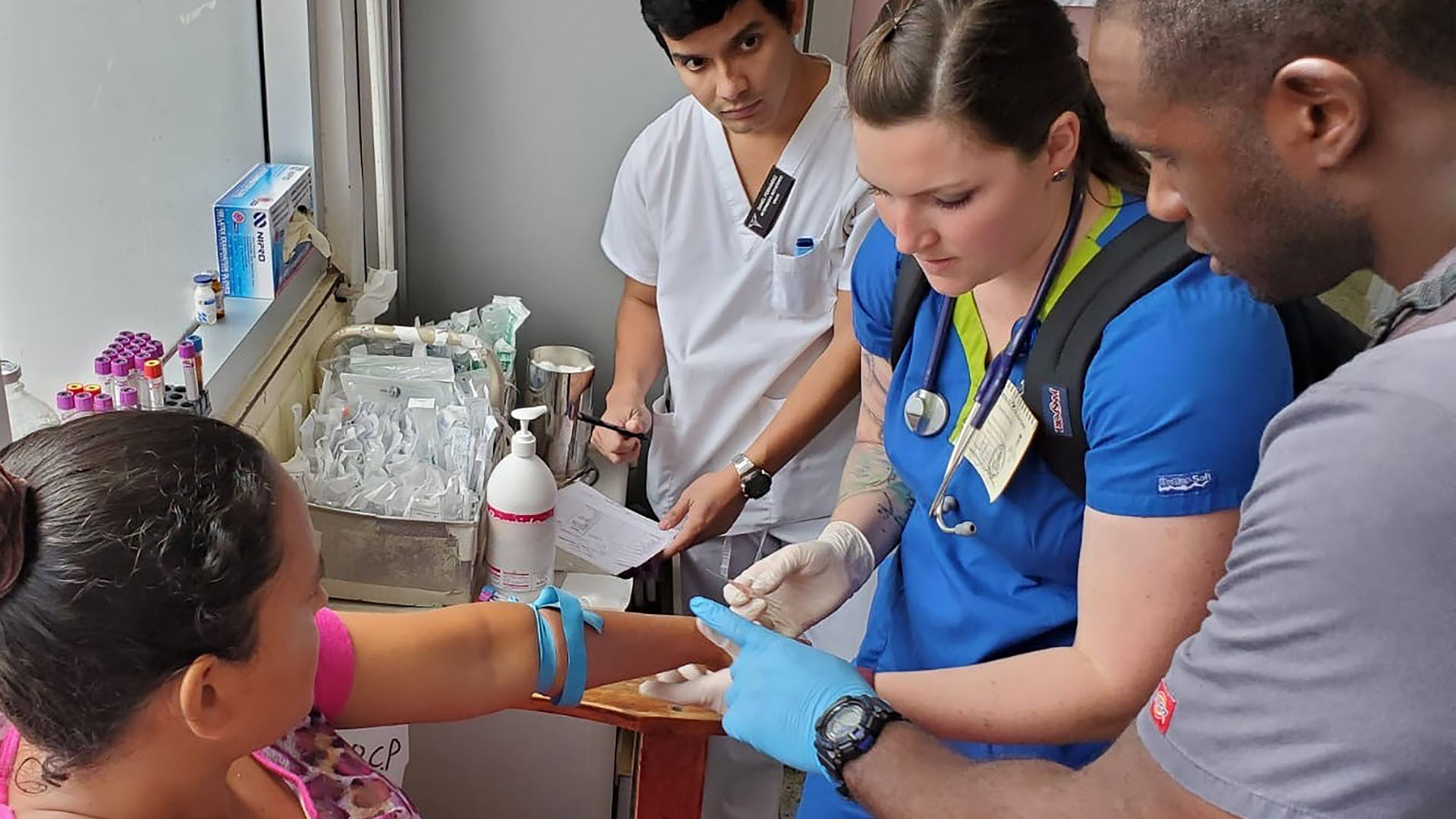Copyright © 2024 - Gearlabblog.com

How the South Jersey Institute for Population Health is Bridging Health Gaps
Advances in medicine and public health have greatly improved life expectancy and reduced many serious diseases. However, not everyone benefits equally from these advances. The South Jersey Institute for Population Health (SJIPH) aims to change this by addressing health disparities in southern New Jersey’s urban and rural areas.
Founded in 2018 with a state grant from Rowan University/Rutgers University–Camden, SJIPH is a nonprofit focused on improving health outcomes in South Jersey. The institute supports partnerships between community groups and researchers from Rowan University and Rutgers–Camden.
In its third annual funding cycle, SJIPH awarded over $349,000 to 13 research projects. Since its start, SJIPH has granted nearly $1 million to 34 projects. Stephen Danley, co-lead for SJIPH and a professor at Rutgers–Camden, highlighted the need for attention to South Jersey’s unique health challenges. “Much of the state’s public health focus is on North Jersey,” Danley said. “These grants aim to address and reduce health disparities in South Jersey through targeted interventions.”
A recent report from the Commonwealth Fund reveals significant health disparities in New Jersey. Nearly one in four Hispanic residents lacks adequate health insurance, and Black and Hispanic residents experience higher rates of preventable deaths compared to other groups. The COVID-19 pandemic has worsened these gaps.
“These disparities are crucial, especially since South Jersey residents have shorter life expectancies compared to those in the northern part of the state,” Danley noted. He emphasized that preventing these issues is less costly than dealing with them later. SJIPH funds projects that not only address immediate health needs but also explore how environmental and social factors impact health.
One of the funded projects, led by Rutgers–Camden, is the study titled “Exploring the Multi-Faceted Relationships Between Criminal Justice System Contact and Health Among Camden Residents.” Directed by Nathan Link, an associate professor of criminal justice, this study will examine how interactions with the criminal justice system affect health outcomes in Camden.
“This funding allows us to conduct important research in collaboration with community agencies,” Link said. “The work is not only exciting but also relevant to policy and has the potential for real-world impact.”
SJIPH aims to create lasting improvements in public health through community-focused solutions. “Addressing public health disparities in South Jersey requires support and funding,” Danley added. “We are proud to support these projects and look forward to their positive impact on the region.”
References: